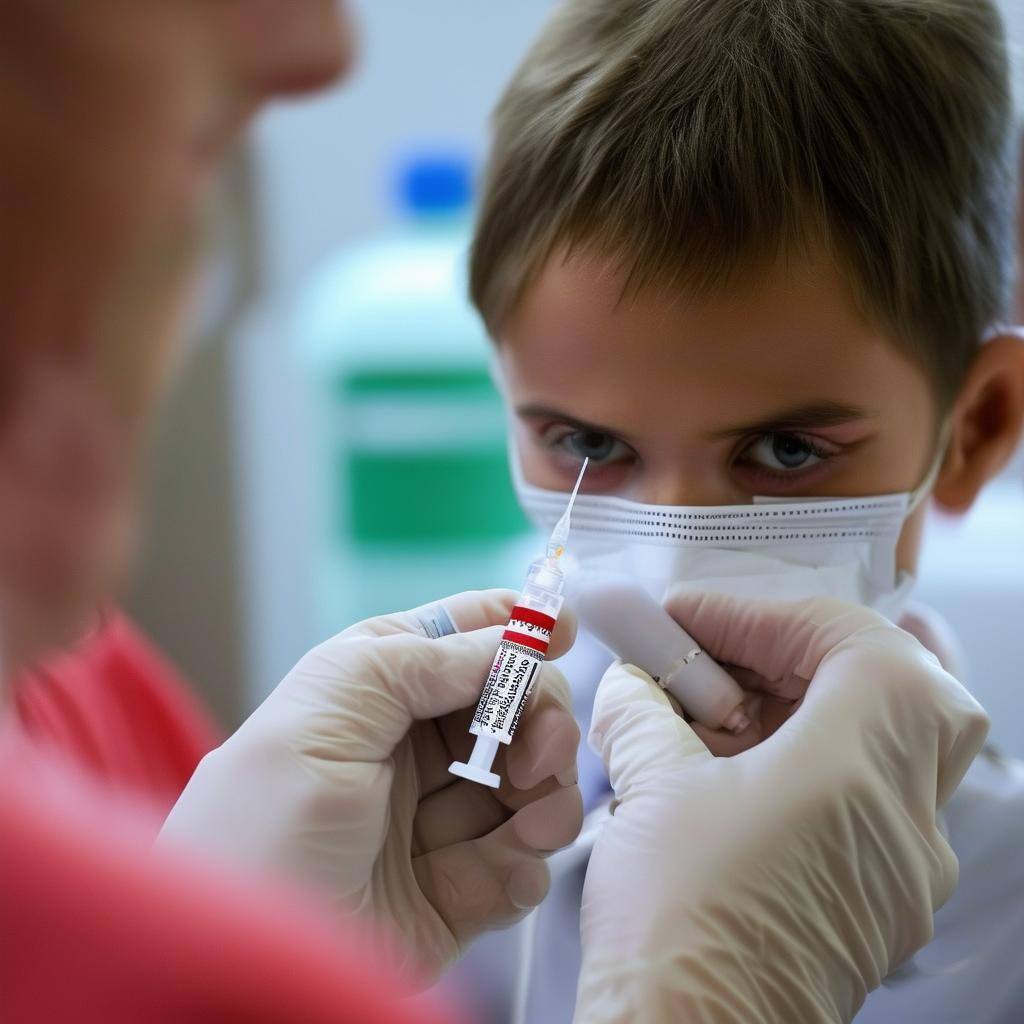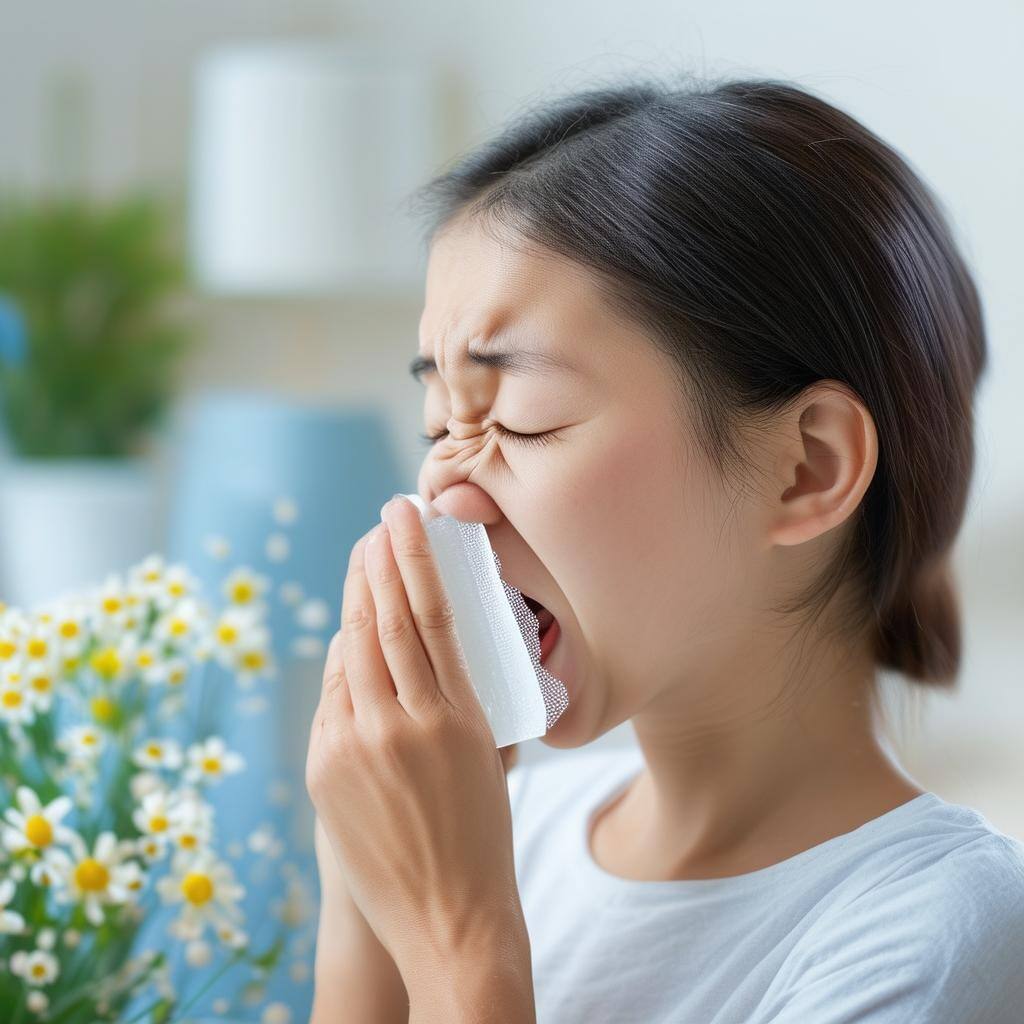Symptoms of Mold Exposure: Do You Know the Signs?
What is Mold Exposure?
Mold exposure happens when you come into contact with mold spores in the air. Mold is a type of fungus that grows in damp, humid environments. It can be found both indoors and outdoors. Common places where mold grows include bathrooms, kitchens, basements, and anywhere with high moisture levels. When mold spores are released into the air, they can be inhaled, landing in your respiratory system. Some toxic mold spores can even cross the blood-brain barrier causing neurological issues. While some people may not react strongly to mold, others can develop a variety of symptoms.
Mold exposure is particularly harmful to individuals with allergies, asthma, or weakened immune systems or genetic defects such as the MTHFR gene defect. Responding quickly to leaks or moisture problems can help prevent mold growth in your living spaces. Understanding what mold exposure is and how it happens helps you take the necessary steps to safeguard your health.
Common Symptoms of Mold Exposure
Mold exposure can cause a range of symptoms. These can affect different parts of the body and vary from mild to severe.Respiratory Symptoms:
1. Fatigue and Brain Fog: Many of these molds can cross the blood brain barrier and can affect focus, anxiety, energy and sleep.
2. Coughing and Sneezing: Frequent coughing and sneezing can be symptoms of inhaled mold spores.
3. Shortness of Breath: Mold exposure can make it difficult to breathe, especially if you have asthma. 4. Wheezing: You may hear a high-pitched whistling sound while breathing.
Skin and Eye Symptoms:
1. Itchy Skin: Mold exposure can cause skin rashes or itching.
2. Red or Watery Eyes: Your eyes may become red or water frequently.
General Health Symptoms:
1. Fatigue: Feeling very tired or weak can be linked to mold exposure.
2. Headaches: Chronic headaches can be a sign of mold in your environment.
3. Difficulty Concentrating: Mold exposure can affect your ability to focus or think clearly.
It is important to find a functional medicine doctor who focuses on finding and fixing the core root cause of these symptoms to help you heal. Recognizing these common symptoms can prompt you to seek medical help and take action to remove mold from your environment.
How to Diagnose Mold Exposure
Diagnosing mold exposure involves identifying symptoms and finding the source of mold in your environment. Proper diagnosis is crucial for effective treatment.Steps to Diagnose Mold Exposure:
1. Medical Examination: Visit a doctor to discuss your symptoms. Be detailed about when and where they occur.
2. Allergy and Blood Tests: These tests can identify if you have a mold allergy. Doctors may also check for inflammation markers in your blood.
3. Environmental Testing: Inspect your home or workplace for mold. Professional mold inspectors can identify hidden mold and measure spore levels.
Self-Assessment Checklist:
Have you recently experienced any respiratory issues or chronic fatigue? Do symptoms improve when you leave a certain location? Are there any signs of mold, such as a musty smell or visible growth? Effective Treatments and Preventive Measures Once mold exposure is diagnosed, effective treatments and preventive measures are essential for recovery and long-term health.Medical Treatments:
1. Antihistamines: These can relieve symptoms like sneezing and itching.
2. Nasal Sprays: These helps reduce nasal congestion.
3. Antifungal Medications: For severe infections, antifungal treatments may be prescribed.
Lifestyle and Environmental Changes:
1. Mold Removal: Clean or replace affected areas in your home. Use professional mold removal services for extensive infestations.
2. Dehumidifiers: Use dehumidifiers to keep indoor humidity low and prevent mold growth.
3. Air Purifiers: High-efficiency air purifiers can remove mold spores from the air.
Preventive Measures:
1. Fix Leaks: Repair any leaks in roofs, walls, or plumbing quickly.
2. Ventilation: Ensure your home has good airflow, especially in damp areas like bathrooms and kitchens.
3. Regular Cleaning: Regularly clean areas prone to mold, such as showers and basements.



